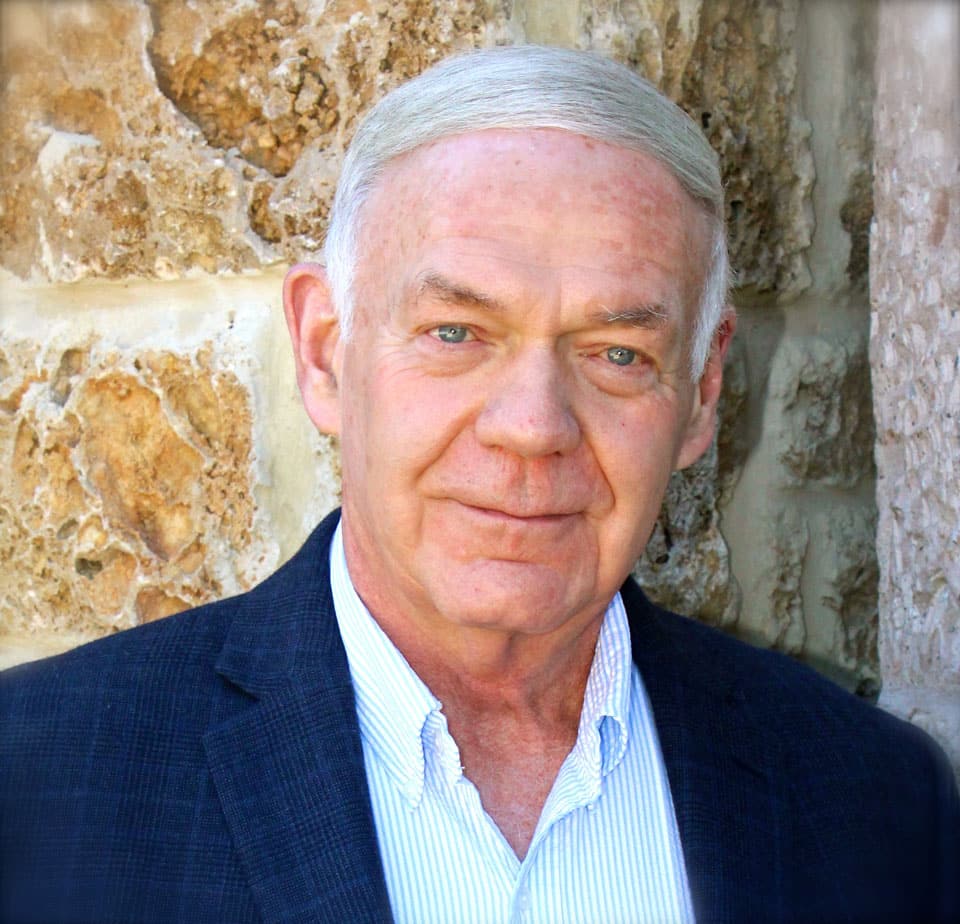Defund Leadership Development Efforts – There Might Be A Better Investment

After over four decades of consulting and research, I am convinced C-suite leaders are not appreciating the nature of the real leadership challenge they face.
I have found an almost universal concern among CEOs with being adaptive and resilient in the face of constant and unpredictable change. This concern is drawing attention to the need to transform work cultures to more effectively enable learning, innovation, and change. Communication failures, a lack of trust, inadequate employee engagement and buy-in, declining spirit or morale, and burnout in the workplace are just a few of the concerns that inhibit this transformation. These concerns are typically packaged as a leadership challenge that needs to be addressed by developing leaders.
How much have companies invested in leadership development efforts that are often well received by participants, but produce little or no impact on the organizational leadership challenge concerns they are supposed to address? Maybe it’s time to question the assumption that the problem is a shortage of leaders.
I have convened hundreds of dialogues with groups ranging from high school students to executive leadership teams in business and government. Participants universally want to be able to learn and innovate, want honest and transparent communications, want to be trusted and to trust, want to be respected and appreciated, want to be inspired, and want balance in their lives. It seems to me that meeting the leadership challenge lies in the answer to the question ‘why can’t we cope with this agreement?’
The problem is that there is a potentially underlying malignant dynamic that drives business organizations to naturally kill the spirit of leadership. It involves what I call convergent thinking. This thinking is driven by an insatiable appetite for information and a desire to appear rational in decision-making and acting under time pressure. Convergent thinking defines the business mindset honed in MBA and corporate training programs, and reinforced in conference rooms and board rooms. It causes us to worship efficiency, precise communication, and full utilization of resources to maximize profit. I use the word worship here because such things are taken on faith as beyond question as good, necessary, and desirable. Let’s take another look at these business imperatives and the hidden costs they carry.
Imagine organizations are gardens. A plot of land they own represents the limited resources available for conducting business. Employees are gardeners who are tasked to plant seeds, nurture their growth, and eventually harvest the crop for profit. The convergent business thinker assesses the land, especially noting the presence of trees, rocks, and ground contours that give character to the land but consume space that could be available for planting. As a result, the trees and rocks are removed, and the land flattened. Planting is laid out in methodical, straight lines that consume every square inch of available land. What is lost in the process is the realization that this convergent thinking leaves the employee gardeners outside the garden as third-person role players and observers, not first-person committed human participants who play those roles. There is no place left for them in the garden because any unfinished space is seen as an unnecessary cost that hits their bottom line directly. But how do we account for the cost of the loss of spirit to lead?
The work of leaders begins with creating and preserving unfinished places where they can steward spirit in the face of the dominant convergent thinking dynamic that consumes it. In a way, this leader’s work is to remind employees they are human beings beyond the roles they play. The lack of spirit in the workplace is evidence we have finished our gardens and are not doing our leader work – that we are not valuing our humanity as context for our gardening.
What does all this mean? I think leadership development programs are misdirected and often counter-productive. Excited participants in these programs come back to finished gardens where there is no time or place to practice what they learn. This creates frustration and kills spirit. Organizations might be full of leaders, but they will never know it because there is no time and place for them to emerge.
What if the resources that are being directed at leadership development programs that produce little organizational return were re-directed to offset the costs of putting potential leaders to work on creating and preserving unfinished places where they can actually lead? In these places employees can sit on the rocks we would normally choose to remove in the shade of the trees we could normally cut down. The costs of down resources and inefficiencies could be more than offset by the benefits of spirit, employee engagement, and buy-in.
We need to be wise gardeners who tend our human soil before we plant seeds – who see the value of unfinished places. Doesn’t it make sense to first fund the creation of these places that inspire leaders to emerge and then assess whether we need to develop them? In my newly released book, “A Place for T: Giving Voice to the Tortoise in our Hare-Brained World” I explore this possibility and what those unfinished places, ‘meeting’ places, need to be. Here’s the spoiler – they are not conference rooms and boardrooms that encourage convergent thinking.
Written by Robert H. Lengel.
Have you read?
Mixed Reality and Its Uses by Alex Kipman.
The Value of Showing Up and Following Through by Lisa Gable.
Simple Ways to Align Your Team and Get Your Organization Running Like a Well-Oiled Machine by Carol Schultz.
Interview with Kim Gravel, Author of Collecting Confidence.
4 Steps for Pre-Planning Your Exit Strategy by Rhett Power.
Add CEOWORLD magazine to your Google News feed.
Follow CEOWORLD magazine headlines on: Google News, LinkedIn, Twitter, and Facebook.
This report/news/ranking/statistics has been prepared only for general guidance on matters of interest and does not constitute professional advice. You should not act upon the information contained in this publication without obtaining specific professional advice. No representation or warranty (express or implied) is given as to the accuracy or completeness of the information contained in this publication, and, to the extent permitted by law, CEOWORLD magazine does not accept or assume any liability, responsibility or duty of care for any consequences of you or anyone else acting, or refraining to act, in reliance on the information contained in this publication or for any decision based on it.
Copyright 2024 The CEOWORLD magazine. All rights reserved. This material (and any extract from it) must not be copied, redistributed or placed on any website, without CEOWORLD magazine' prior written consent. For media queries, please contact: info@ceoworld.biz
SUBSCRIBE NEWSLETTER








